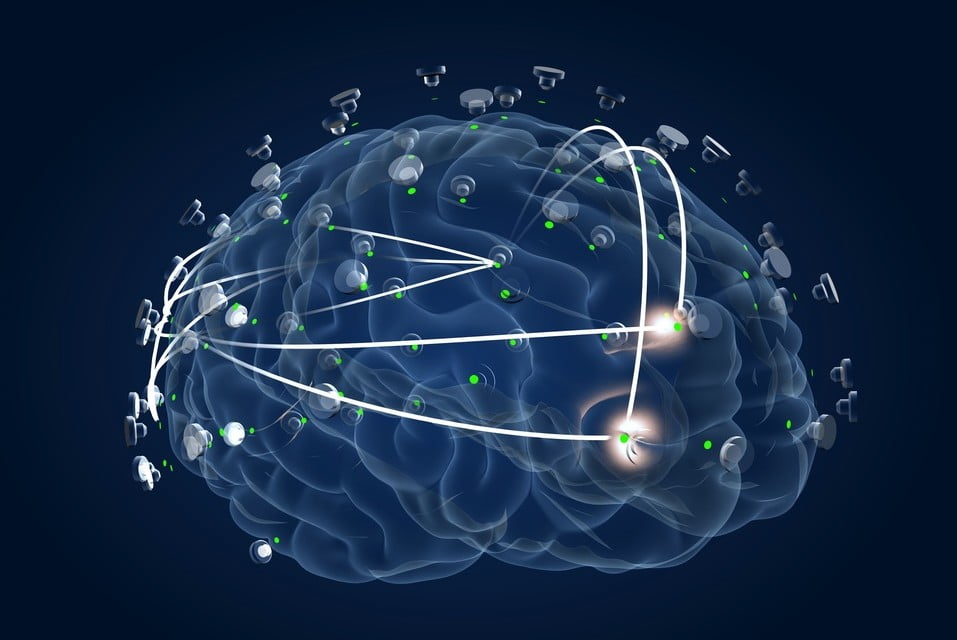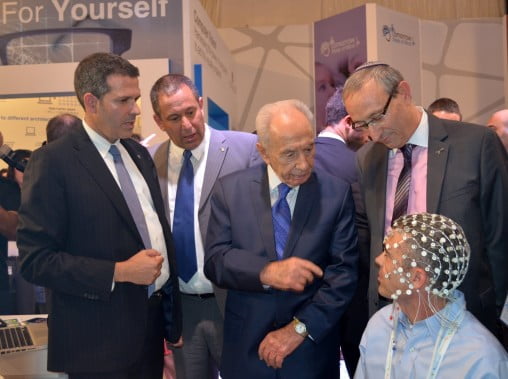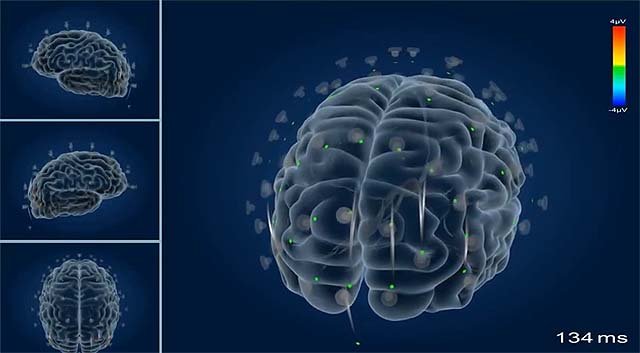This article was first published on The Times of Israel and was re-posted with permission.
Israeli biotechnology firm ElMindA – developers of the world’s first FDA-approved neural functional assessment tool to visualize serious brain trauma and illnesses – has been named one of the 49 most innovative start-ups in the world by the World Economic Forum. The annual award is granted to companies “poised to have a significant impact on business and society,” and past recipients have included companies like Google (2001), Twitter (2010), AirBnB (2014), Dropbox (2011) and Kickstarter (2011).
Notable members of the committee choosing the companies include Arianna Huffington (founder, Huffington Post) and Henry Blodget (editor-in-chief, Business Insider). As a result, the WEF said, ElMindA and the other selected firms “will have access to the most influential and sought-after business and political network in the world, and be invited to the World Economic Forum’s ‘Summer Davos’ in Dalian, China, this September, or the Annual Meeting in Davos in January.”
SEE ALSO: Futuristic EIMindA ‘Helmet’ Monitors Brain Health Like Never Before
While most brain monitoring systems require the invasive insertion of a sensor inside the head, ElMindA’s BNA takes its measurements using a sensor-laden futuristic looking “helmet” that contains dozens of electrodes to measure activity through the skull. The sensors are able to measure the electronic activity of the brain at different points, with each sensor recording the activity associated with a specific brain function – thought, memory, activity, etc.
The data is analyzed by specially developed algorithms based on patented signal processing and pattern recognition techniques that can connect between signals, revealing three-dimensional images of Brain Network Activation patterns (BNAs) which represent high resolution functional neural pathways. The data can aid doctors in the profiling of brain function and changes in functionality, and can assist follow-up of changes in disease progression and/or response to therapeutic interventions.
SEE ALSO: New Study Examines Autistic Brain Function, Finds Every Brain Unique
The system can thus detect the early stages of degenerative brain diseases like Alzheimer’s and Parkinson’s, and assist physicians in coming up with more effective treatment plans for brain disorders, like ADHD/ADD.
ElMindA has established a growing database of brain activity from both healthy subjects and patients with brain-related disorders. The database currently includes more than 7,000 of the BNA 3D datasets, covering almost every known brain disorder. The system is already being used in dozens of institutions, and ElMindA has collaborated with major medical institutions and universities on a number of important studies.
To continue reading this article on the TOI site, click here.
Related posts

Editors’ & Readers’ Choice: 10 Favorite NoCamels Articles

Forward Facing: What Does The Future Hold For Israeli High-Tech?

Impact Innovation: Israeli Startups That Could Shape Our Future






Facebook comments